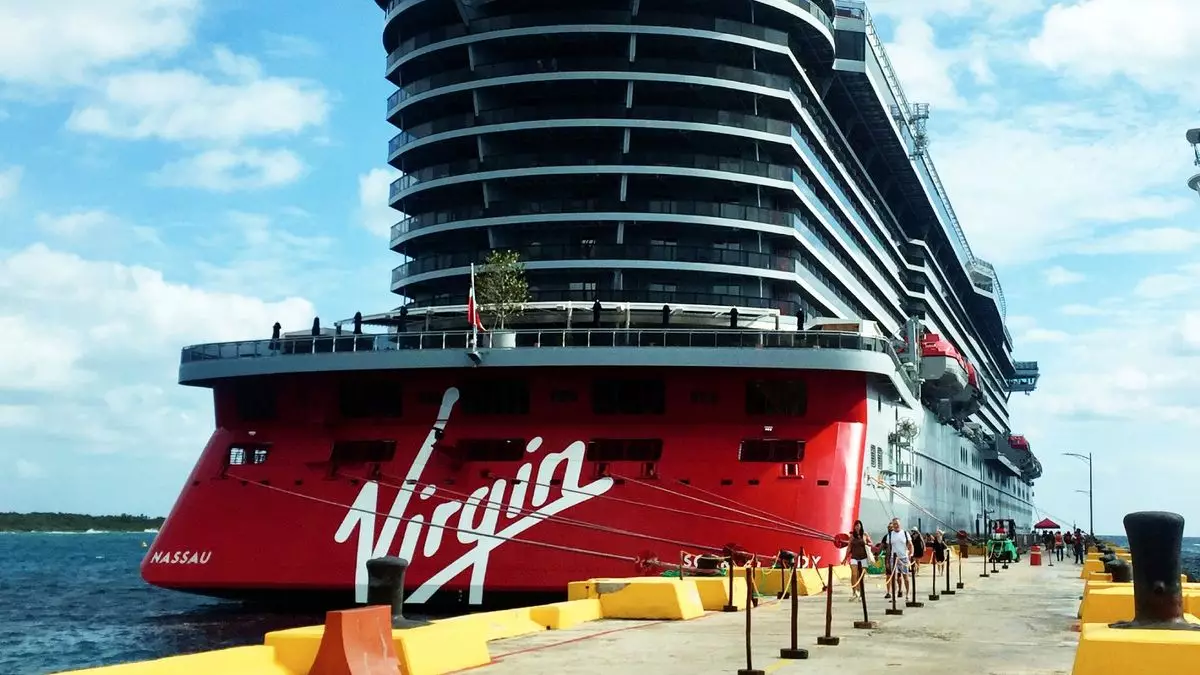The recent decision by Mexico’s lower house of Congress to impose a $42 immigration levy on cruise passengers has sent shockwaves through the maritime tourism sector. Stakeholders, particularly the Mexican Association of Shipping Agents, have voiced their concerns regarding this legislative move, claiming it may render Mexico’s ports significantly less attractive compared to other Caribbean destinations. With two-thirds of the revenue from this fee directed to the Mexican military rather than port development, the cruise industry is apprehensive about the potential implications for tourism and revenue generation.
In their statement, the association made it clear that if enacted, the charge could position Mexico as one of the costliest locations for cruise operations. This is a striking claim, as Mexico has historically been a favored destination for cruise lines, particularly in the Caribbean, due to its appealing ports such as Cozumel, which has consistently ranked as the world’s busiest port of call. With approximately four million cruise passengers welcomed annually, any legislative changes affecting pricing or passenger fees are likely to resonate across the industry.
The new immigration fee introduces an array of challenges, especially regarding competitive pricing. The concerns regarding Mexico losing its status as a cruise hub are not unfounded, as many travelers may opt for more affordable destinations in the Caribbean that do not impose such fees. This could lead to a considerable reduction in cruise passenger numbers, impacting not just the revenue for the cruise companies but also the local economies that rely heavily on tourist spending.
Industry insiders have raised questions about the rationale behind diverting funds to the military instead of improving facilities or providing better services at ports. The decision to implement this levy without a clear explanation of how the funds would be used further complicates the situation, eroding trust between lawmakers and travel operators. Past practices have typically exempted cruise passengers from immigration fees, particularly given that many travelers do not disembark during their visits. The new legislation appears to disregard these long-standing exemptions, raising doubts about its necessity and fairness.
The imposition of such levies is not an isolated case; there has been a global movement to regulate cruise tourism, largely driven by concerns surrounding overtourism and environmental sustainability. However, the situation in Mexico presents a unique dilemma. The Caribbean region, including Mexico’s coastal areas, has already experienced significant growth in cruise ship arrivals. The sudden introduction of hefty charges could jeopardize this booming sector, striking a painful blow to the local workforce associated with tourism.
While efforts to manage tourism sustainably are commendable, they must be balanced with genuine support for the industries that fuel the local economies. As stakeholders urge the Mexican Senate to reconsider the bill, it remains to be seen whether concessions will be made that could foster a healthier relationship between tourism operators and legislators. In an era where cruise tourism reflects evolving consumer preferences and economic conditions, finding a compromise that supports both safety and sustainability should be paramount, ensuring that Mexico retains its allure while navigating the complexities of modern tourism legislation.

